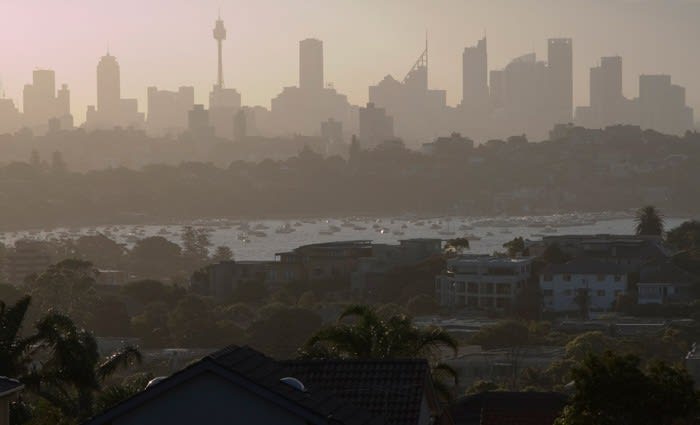Sydney dips in current property cycle
Property, just like any other investment class, follows cycles where prices can rise, fall or plateau.
Sydney got a rare taste of a dip in September, according to CoreLogic, when it joined Darwin with values falling.
It was no great surprise, and not by much though.
After getting 80 percent percent higher over an extended five year upswing, Sydney dwelling values slipped 0.1 percent lower over the month to a $909,000 median, it’s first month-on-month decline in 17 months.
Ofcourse the headline figure is accompanied by increasing resale activity at lower prices.
The most recent CoreLogic pain gain report noted 2.6 percent of Sydney houses and 1.8 percent of units had been resold recently at a price lower than their purchase price.
This is a very low volume of resales making a loss as the national figure sits for houses at 8.1 percent and 13.3 percent for units.
Many Sydney council areas recorded no loss over the March quarter including Waverley, Ashfield, Burwood, Hunters Hill and Kogarah.
The council areas with the highest proportion of resales at a loss were Wollondilly (5.9%), Hurstville (5.7%) and Hawkesbury (4.8%).
The ups and downs in pricing can be typically explained through the classic economic theory of supply and demand and exuberance.
The rising volume of new stock on the Sydney market - both auction and private treaty - is likely to place further pressure on the market during spring, as volumes are sitting some 15 per cent higher than last October.
The Sydney property market is more likely to experience an extended plateau rather than any doomsday crash scenario due to the relatively low unemployment rate and heightened population growth.
CoreLogic's head of research Tim Lawless says that prices in Sydney will probably trend lower into 2018, although continued strong demand for housing, along with the likelihood that interest rates will remain low, will help to support a floor under housing prices.
I'd suggest much depends on Sydney investors who appear to have momentarily called time out in part because they are now paying higher interest rates after restrictive lending practices by banks.
The investors' response is an understandable reaction to policy initiatives by APRA, the financial regulator, for market cooling.
Residential investor activity has declined sharply in NSW as the latest data from the ABS reported that approved residential investor loans for buyers totalled $5.7 billion over July which was down 22 percent on June.
Sales data indicates that NSW investors were slightly more likely to incur a loss on the resale of their property than owner occupiers. Over the March quarter, 1.9 percent of investors resold their home at a loss compared to 1.8 percent of owner occupiers.
Buying when everyone wants to sell increases the chance of quickly profiting from property, not that we've seen much flipping intent among buyers as the typical hold period has been six years.
The time held is important, especially to sit out selling during downturns.
Sensing and tracking the price cycles can pay dividends for savvy home buyers and investors, as there are times when property purchasing can result in a wonderful early gain.
This article was first published in the Saturday Daily Telegraph.
